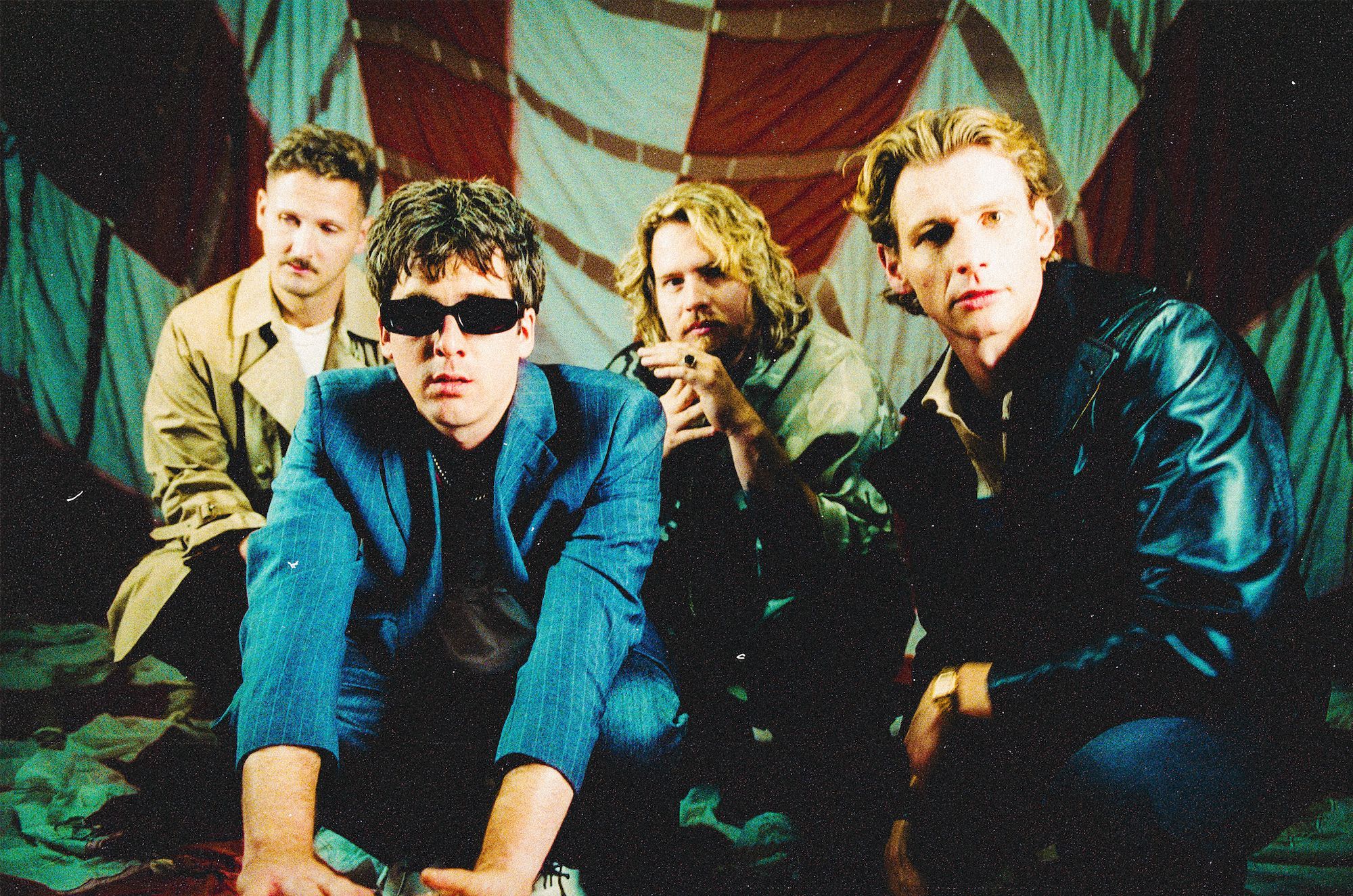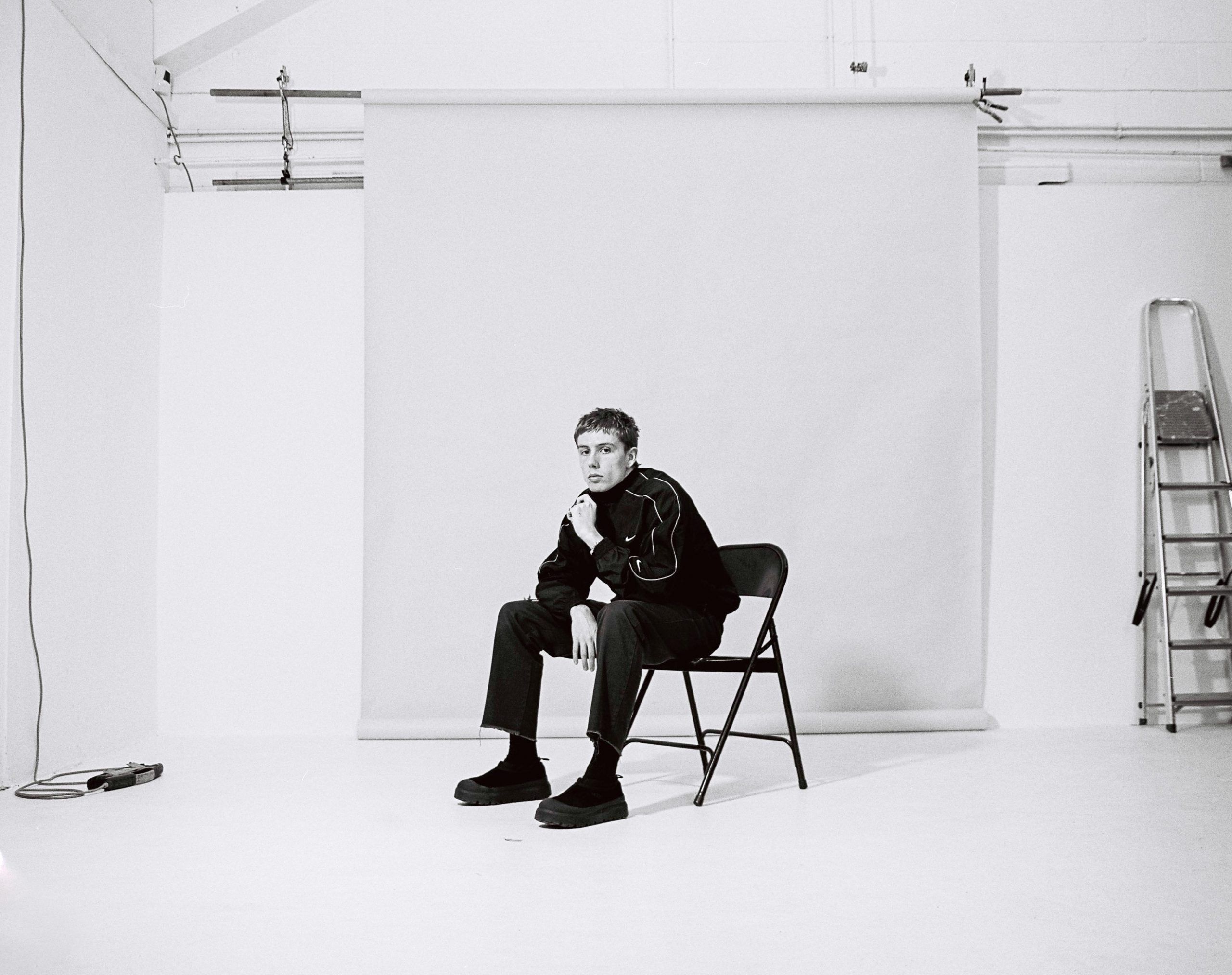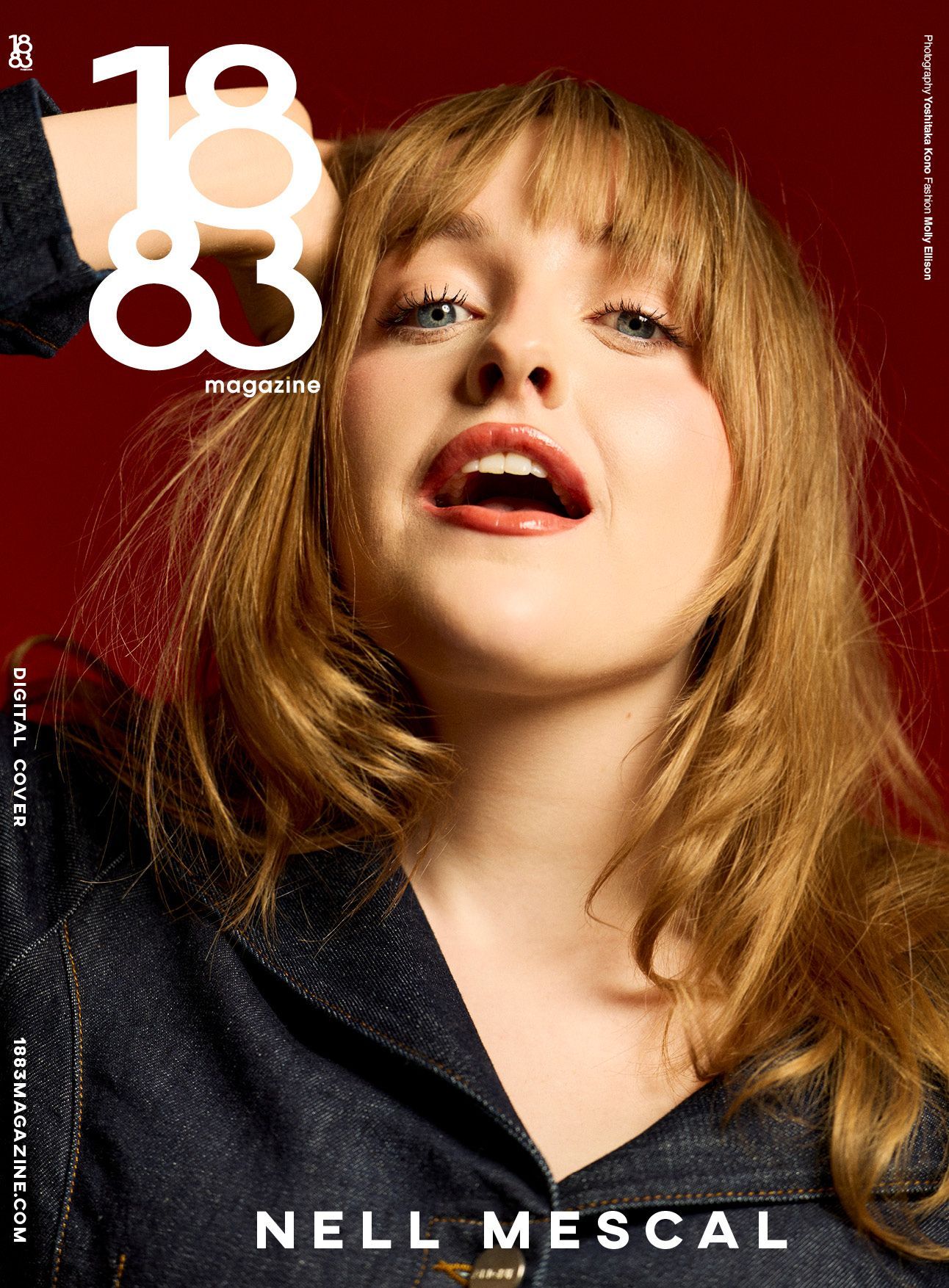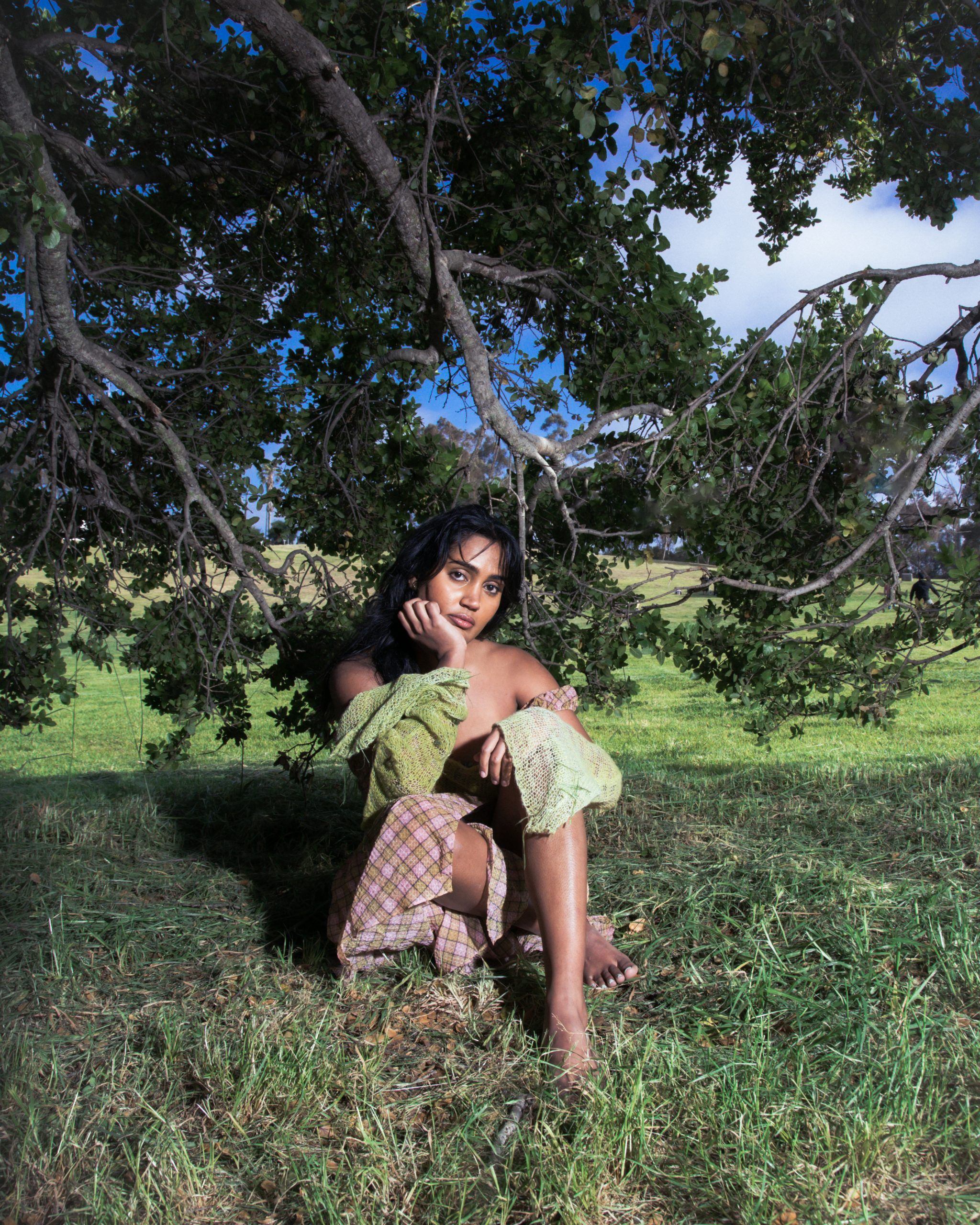In a world where self-expression is currency and identity is performance, beauty has taken on a deeper role than ever before. Once seen as superficial, the beauty industry has evolved into a dynamic space for creativity, wellness, empowerment, and entrepreneurship. And at the heart of this shift? A new generation of artists—many of whom are bypassing traditional colleges in favor of hands-on, career-driven beauty schools.
This isn’t your mother’s beauty school. Today’s cosmetology and esthetics academies are more than training grounds for makeup and skincare—they’re incubators for cultural change, creative business, and personal transformation.
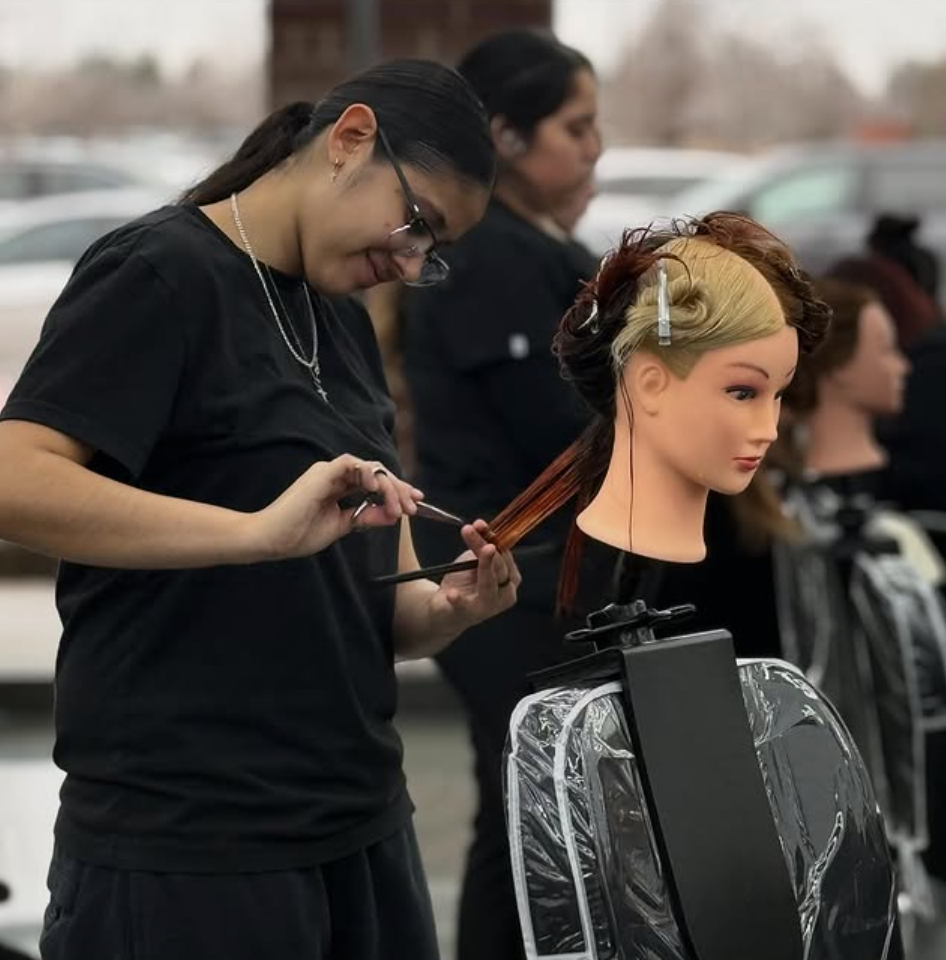
💄 Beauty as Creative Language
For Gen Z and younger Millennials, beauty isn’t just about trends—it’s a tool for storytelling. From makeup influencers using their faces as canvases to skincare brands rewriting narratives around self-care and identity, the beauty world has blurred the lines between utility and artistry.
Hair coloring techniques borrow from visual art. Estheticians now blend science and style. Even nail technicians have become miniature sculptors, creating intricate, wearable designs that rival gallery work.
This merging of form and function is driving more creatives—those with an eye for color, detail, and aesthetics—toward careers in beauty, not as a backup plan, but as a chosen form of artistic expression.
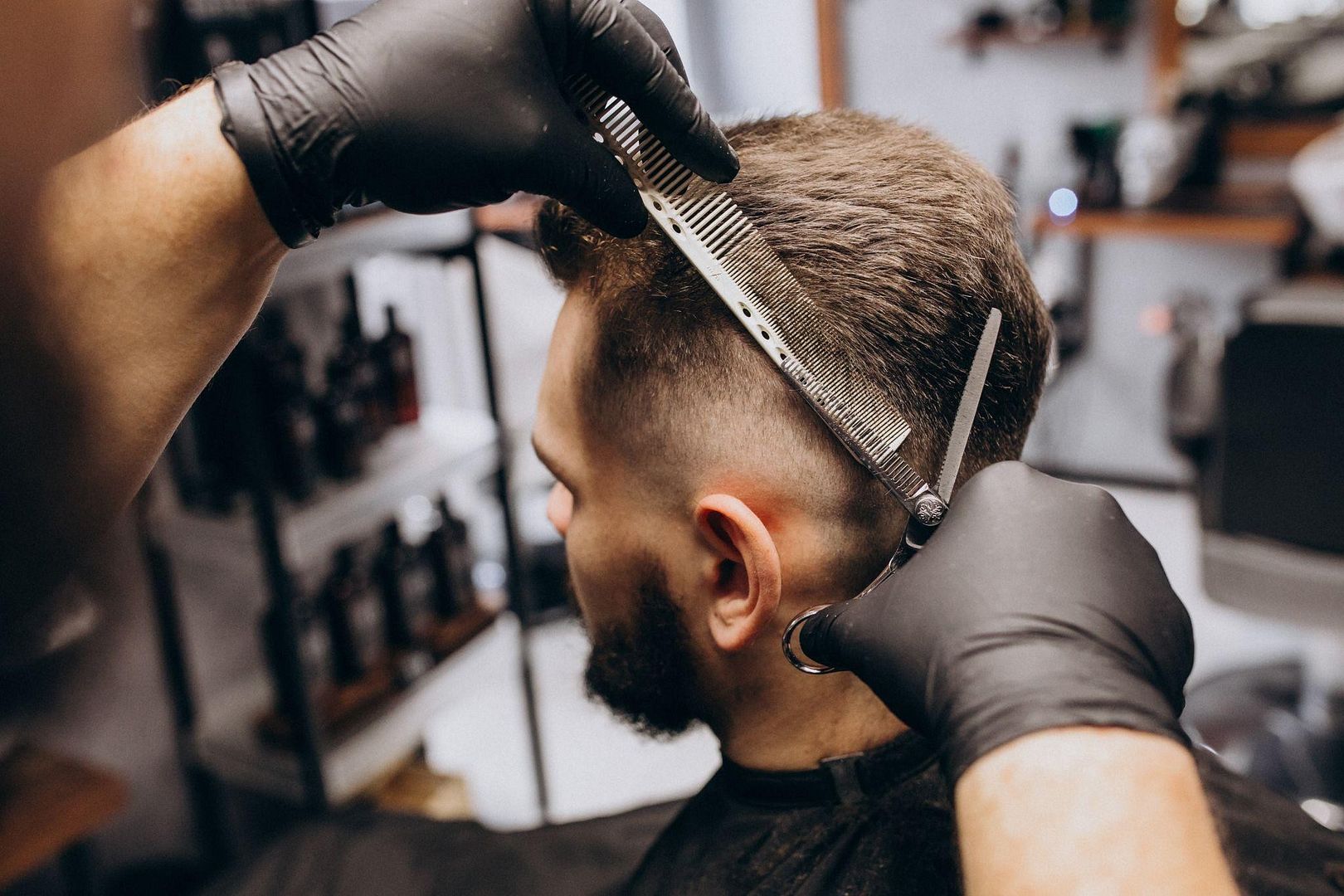
🧑🎓 The Rise of Vocational Creativity
Not everyone sees themselves in the four-year university model. While traditional art and design schools still hold appeal, many aspiring creatives are turning toward vocational programs that offer something different: speed, focus, and real-world readiness.
Beauty academies are attracting students who want to build something tangible. These are people who are tired of waiting to “be discovered” and instead want to build careers they can control—with their own two hands.
Barbers, estheticians, makeup artists, lash techs—many of today’s beauty professionals are equal parts artist, entrepreneur, and educator. And increasingly, they’re using their platforms to inspire others.

🏫 Inside the New Generation of Beauty Education
Enter the modern beauty school: part studio, part lab, part business incubator.
Take Cosmetology & Spa Academy, for example—a U.S.-based institution offering accredited programs in cosmetology, esthetics, and massage therapy. What sets schools like this apart isn’t just their curriculum—it’s the mindset. Students don’t just learn how to cut hair or perform facials. They learn how to build brands, connect with clients, and launch their own paths in an increasingly experience-driven economy.
The focus is on applied creativity. Think color theory meets skincare science. Anatomy paired with artistic technique. Client psychology blended with customer service. It’s a multidimensional education designed for today’s multidimensional creators.
“Beauty school gave me the freedom to be creative while still building a solid career,” says Amanda L., a 23-year-old esthetician and lash artist. “I didn’t want to sit in lectures for four years—I wanted to create from day one.”
🌿 Wellness, Identity, and Empowerment
One of the most profound shifts in the beauty space has been its intersection with wellness. Skincare is now self-care. Makeup is empowerment. A haircut can be a ritual of renewal. And for many, pursuing a beauty career is about more than technical skills—it’s about healing, connection, and self-definition.
This deeper meaning is resonating with a generation that values authenticity and impact. Creative professionals in the beauty industry aren’t just making people look good—they’re helping them feel seen.
Vocational beauty programs, in turn, are responding with trauma-informed training, holistic approaches, and a commitment to diversity, equity, and inclusion. The result? A more compassionate, representative industry that serves both practitioners and clients with intention.
🔮 Looking Ahead
As the boundaries between art, identity, and entrepreneurship continue to dissolve, beauty stands out as a field uniquely poised for creative minds. It’s tactile, it’s expressive, and it’s deeply human.
For those who see the world in color, texture, and transformation, beauty education offers something rare: the ability to turn raw creativity into meaningful work.
So if you’re a young creative wondering where your path lies, consider this: the next big thing in beauty might not be a product, a trend, or a brand. It might be you.

